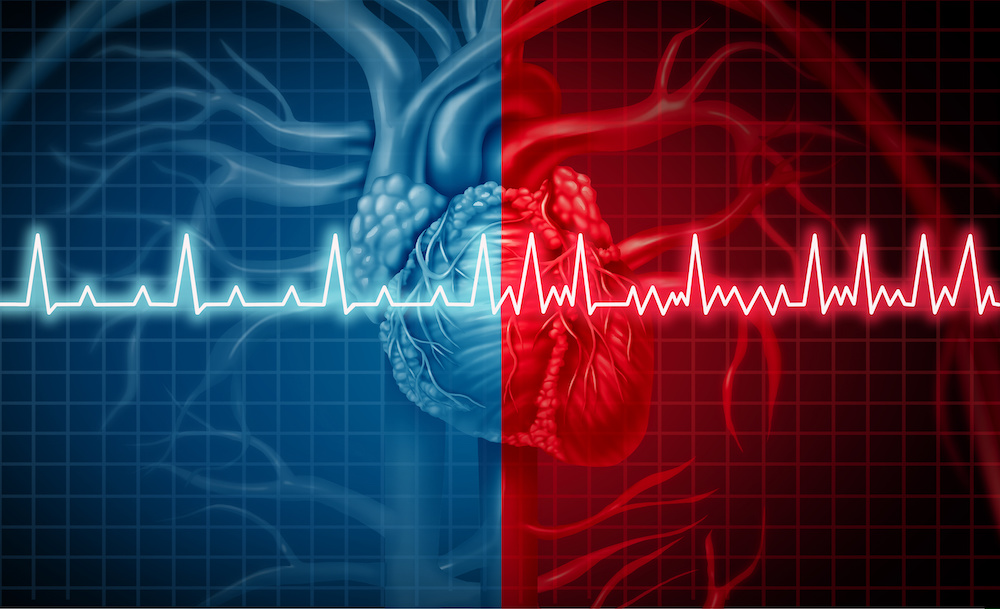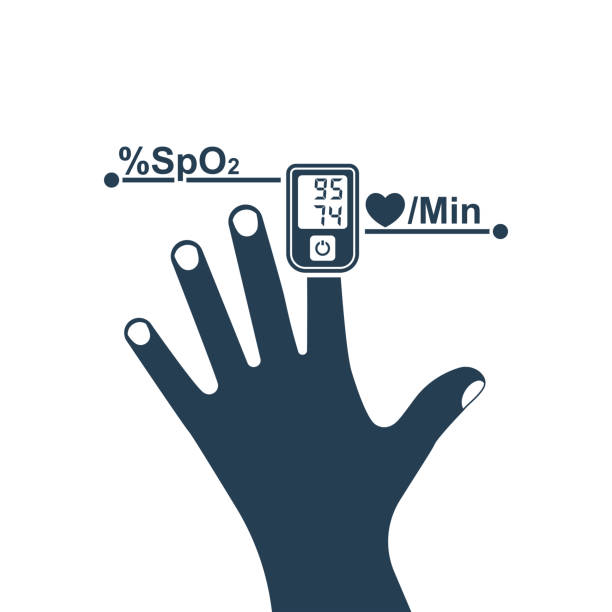
High cholesterol can lead to plaque buildup in arteries, narrowing and hardening them, increasing the risk of heart disease, stroke, high blood pressure, and peripheral artery disease. It can also trigger heart attacks and worsen existing cardiovascular conditions.

ECG (electrocardiogram) monitors heart electrical activity, helping detect arrhythmias, heart attacks, and other cardiovascular issues. It aids in diagnosing abnormal rhythms, assessing heart health, guiding treatment, preventing sudden cardiac events, and ensuring effective management of heart disease.
Oxygen saturation affects cardiovascular health by influencing heart function and circulation. Low levels can strain the heart, leading to fatigue, arrhythmias, and increased risk of heart failure. Proper oxygen levels are crucial for optimal heart muscle performance and overall health.

High blood sugar levels can damage blood vessels, increase inflammation, and promote plaque buildup in arteries, raising the risk of heart disease, stroke, and hypertension. Poor blood sugar control accelerates cardiovascular complications by impairing circulation and heart function.
